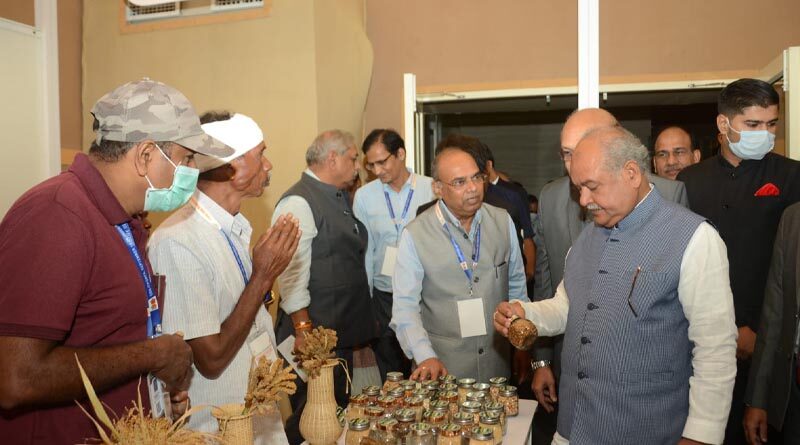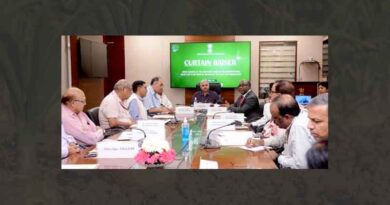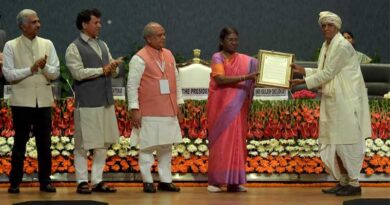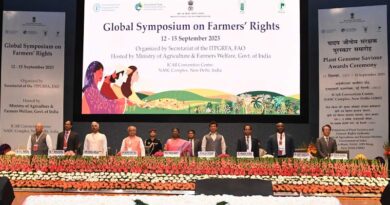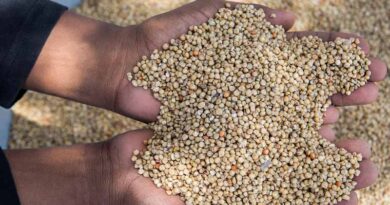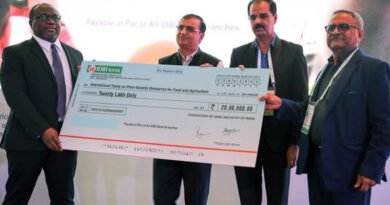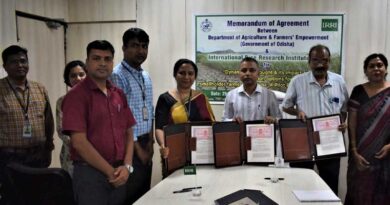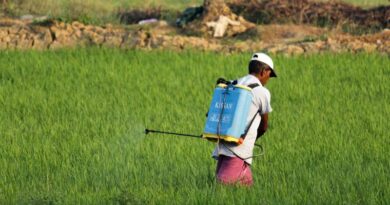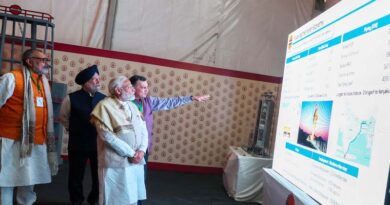9th Session of Governing Body of the International Treaty on Plant Genetic Resources for Food and Agriculture held at New Delhi
19 September 2022, New Delhi: The Ninth Session of the Governing Body of the International Treaty on Plant Genetic Resources for Food and Agriculture (ITPGRFA) was inaugurated in New Delhi today.
The ITPGRFA is a legally binding comprehensive agreement signed during the 31st session of the United Nations Food and Agriculture Organization (FAO) in Rome in November, 2001, which took effect on 29 June 2004, and currently has 149 Contracting Parties including India.
Union Minister of Agriculture and Farmers Welfare, Mr. Narendra Singh Tomar during his inaugural address said that plant genetic resources are the source of solution to the breeding challenges. Plant genetic resources are also vulnerable due to habitat destruction and climate change. Their protection is a “shared responsibility of humanity”. We must use all modern technologies as well as traditional knowledge to preserve and use them in a sustainable manner. The aim of the Plant Treaty is to recognise the contribution of farmers and local communities to the diversity of crops. Over the centuries, tribal and traditional farming communities have continuously shaped and adapted the dimensions of the rich genetic material they have.
Mr. Tomar said that no negotiation is possible at the cost of food security. All international forums must not forget that food is an essential fundamental right. Developing countries will be motivated by the need to ensure that the rights of farmers producing food are never compromised.
This treaty, in consonance with the Convention on Biological Diversity, seeks to achieve food security through the conservation, exchange and sustainable use of the world’s Plant Genetic Resources for Food and Agriculture (PGRFA), equitable sharing of profits from its use, as well as playing an important role in the recognition of rights of farmers.
PGRFA provides scale-free solutions to achieve food and nutritional security as well as climate resilient agriculture.
Countries are mutually interdependent for the PGRFA, leading to the need for a global system to facilitate access and profit sharing. GB9 is being organised under the theme “Celebrating the Guardians of Crop Diversity: Towards an Inclusive Post-2020 Global Biodiversity Framework”. The theme aims to highlight the contribution of the world’s small farmers to the effective management of PGRFA and provide an opportunity to consider how the treaty and its community can contribute to the new global biodiversity architecture.
India has been a firm advocate of sharing the wealth of plant genetic resources. A look at the IARC gene-bank and other national gene banks shows that about 10% of the germ plasm is of Indian origin. Our vision is very clear that the genetic resources of plants should be made available for research and sustainable use.
Mr. Manoj Ahuja, Secretary, Department of Agriculture & Farmers Welfare, GoI, while welcoming all the dignitaries, briefly elaborated about the strength of Indian agriculture and the significant progress made in the recent past due to progressive policies of the government. He urged that deliberations during the GB9 must lead to a balance in between genetic resources governance with use, investment with innovation and access with Benefit Sharing to achieve future-ready solutions for agriculture and food security.
Mr. Shombi Sharp, UN Resident Coordinator, India, welcomed delegates on behalf of the United Nations and expressed happiness that UN was associated with the very important Treaty. He called for global solutions for global problems, especially since PGRFA plays a significant role in safeguarding agricultural production crops and thereby the farming community.
Dr. Himanshu Pathak, Secretary, Department of Agricultural Research and Education and Director General, Indian Council of Agricultural Research emphasized on the role of Research & Development institutions as well as well-trained human resource for effective management of PGRFA. He informed delegates about the excellent capacity of ICAR along with State Agricultural Universities for germplasm management and use. He offered interested nations to enhance the utilization of gene-pool through capacity building programmes by India in genebanking and in trait-specific evaluation.
Also Read: FMC Corporation wins patent infringement case in China
(For Latest Agriculture News & Updates, follow Krishak Jagat on Google News)

